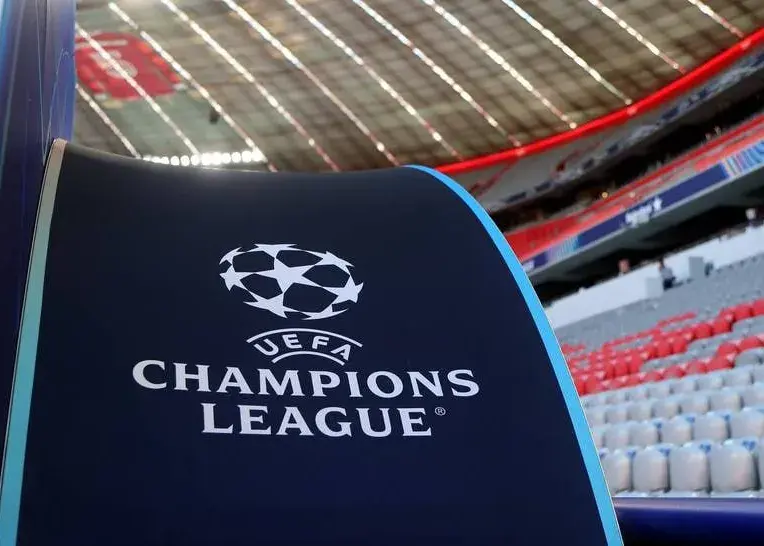With Three Potential Changes
UEFA’s New Revolution in the Champions League!
The UEFA Champions League has recently undergone major changes, but UEFA is already planning the next revolution.

According to “Varzesh3,” the current season introduced a league-like system with 36 teams instead of 32, replacing the traditional group stage. However, UEFA is gathering feedback from clubs and considering further reforms for next season that could transform the competition’s structure.
As reported by Sport Bild, three main proposals are under discussion.
First, the issue of home advantage in knockout stages. Currently, the top eight teams from the league phase, who advance directly to the Round of 16, only host the second leg. The new proposal suggests extending this advantage to the quarterfinals and semifinals. This change would benefit teams like Arsenal, who finished third in the league phase but had to play the second leg away against Real Madrid (11th place).

Similarly, in the semifinals, Paris Saint-Germain (15th in the league phase) hosted Arsenal in the second leg. This inequality has led teams like Arsenal to support the change, arguing that top-performing teams in the league phase deserve greater rewards. Although Arsenal defeated Real Madrid over two legs, not having home advantage in the semifinals remained a challenge.
The second topic is revising the rule on same-country matchups in knockout stages. Currently, teams from the same country can face each other in the Round of 16, such as Bayer Leverkusen vs. Bayern Munich. These matchups are less appealing to fans and broadcasters and can make domestic competitions feel repetitive. The proposal is to reinstate UEFA’s old rule, preventing same-country clashes until the quarterfinals. This change could increase diversity and excitement in the knockout stages.

The third change involves eliminating extra time in knockout matches and replacing it with direct penalty shootouts in case of a draw. This reform aims to reduce physical strain on players, as the congested fixture schedule, especially with more teams, places a heavy burden on them.
These proposals will be reviewed by UEFA’s Club Competitions Committee, which includes Fernando Carro, CEO of Bayer Leverkusen.
The committee will meet on May 30 in Munich to decide on these changes. These reforms could make the Champions League fairer, more exciting, and better suited to the needs of players and fans, but their success depends on UEFA and the clubs reaching an agreement. We will have to wait and see if these changes become reality.